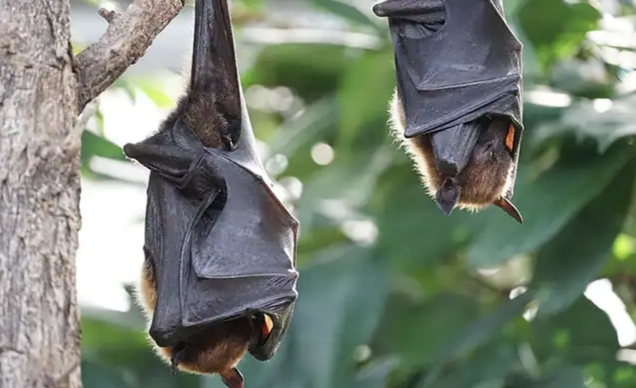New Delhi: The ‘NeoCov’ coronavirus, which spreads among bats in South Africa, could pose a threat to humans in the future if it is further mutated, a research by Chinese officials revealed.
This study has recently been put up on the archive Dictionary BioRXIV before publication and is yet to be reviewed. The study shows that NeoCov is closely associated with the Middle East Respiratory Syndrome (MERS). The viral disease was first identified in Saudi Arabia in 2012.
The coronavirus is a large group of viruses, which can cause diseases ranging from common colds to SARS. Researchers from the Chinese Academy of Sciences and Wuhan University have noted that NeoCov has been found in groups of bats in South Africa and it is particularly spread in these animals.
The researchers pointed out that Neocov in its current form does not infect humans, but if it was further mutated, it could potentially be harmful.
“In this study we unexpectedly found that NeoCov and its close relatives, PDF-2180-CoV, can effectively use some types of bat (bats) angiotensin converting enzyme 2 (ACE2) to enter the human body,” the researchers said.






